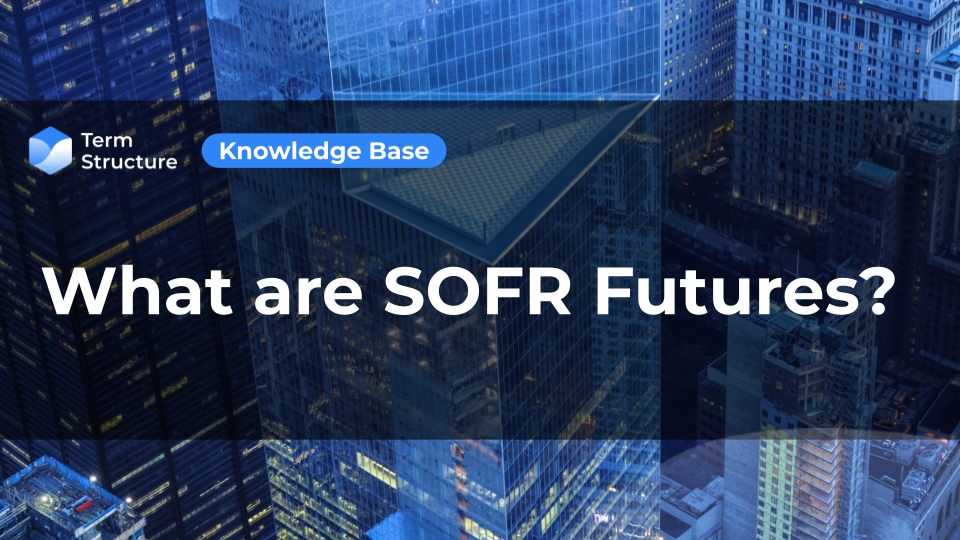What are SOFR Futures?

SOFR futures are financial contracts based on the Secured Overnight Financing Rate (SOFR), which is the benchmark interest rate for short-term dollar-denominated loans in the United States. Essentially, SOFR represents the rate at which banks borrow cash overnight, using U.S. Treasury securities as collateral. A futures contract, in this context, is an agreement between two parties to buy or sell this interest rate at a predetermined price on a specific future date.
SOFR futures contracts allow individuals to:
- Speculate on future changes in SOFR: Investors can buy or sell contracts based on their prediction of whether SOFR will be higher or lower than the contracted price at the settlement date.
- Hedge against interest rate fluctuations: Businesses or individuals with variable-rate loans or investments can use SOFR futures to protect themselves from unexpected changes in interest rates.
Key Aspects of SOFR Futures:
- Traded on Exchanges: These contracts are traded on major financial exchanges, like the Chicago Mercantile Exchange (CME) and ICE Futures Europe.
- Contract Types: Typically available in various maturities, commonly ranging from one month to one year.
- Settlement: Unlike some other futures contracts that involve physical delivery of the underlying asset (e.g., commodities), SOFR futures are typically settled in cash. The cash settlement amount is based on the difference between the contracted price and the prevailing SOFR at the settlement date.
Benefits of SOFR Futures:
- Manage Interest Rate Risk: Hedging tool for entities exposed to floating-rate loans or investments.
- Speculative Opportunities: Potential for profit if predictions about future SOFR movements are accurate.
- Increased Liquidity: Provides an avenue for increased participation in the short-term interest rate market.
